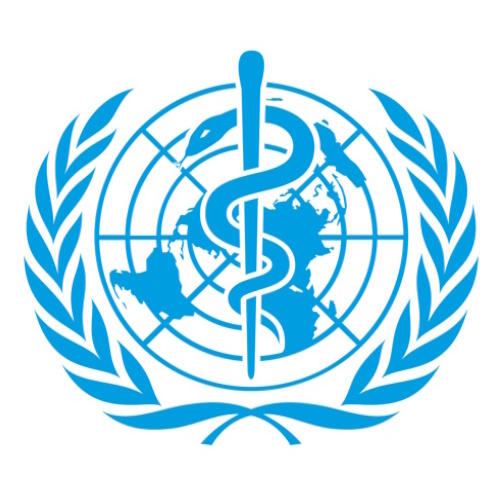Key points from article :
Classification and severity staging of age-related diseases is limited in effectiveness.
Next revision of the ICD is anticipated to be in 2028 or later.
Researchers created a position statement to comprehensively classify the severity of age-related diseases.
Were guided by Dr. Stuart Calimport and Dr. João Pedro de Magalhães.
Dr. Alexander Zhavronkov suggests it overestimates our understanding of aging in the context of classifying age-related diseases.
Still yet to be a consensus on which biomarkers of aging are optimal for measuring senescence.
Dr. Stuart Calimport counters that staging levels are already part of ICD, e.g. photo-aging of the skin.
Classification could distinguish between early life senescence and the harmful decline aging causes later in life.







